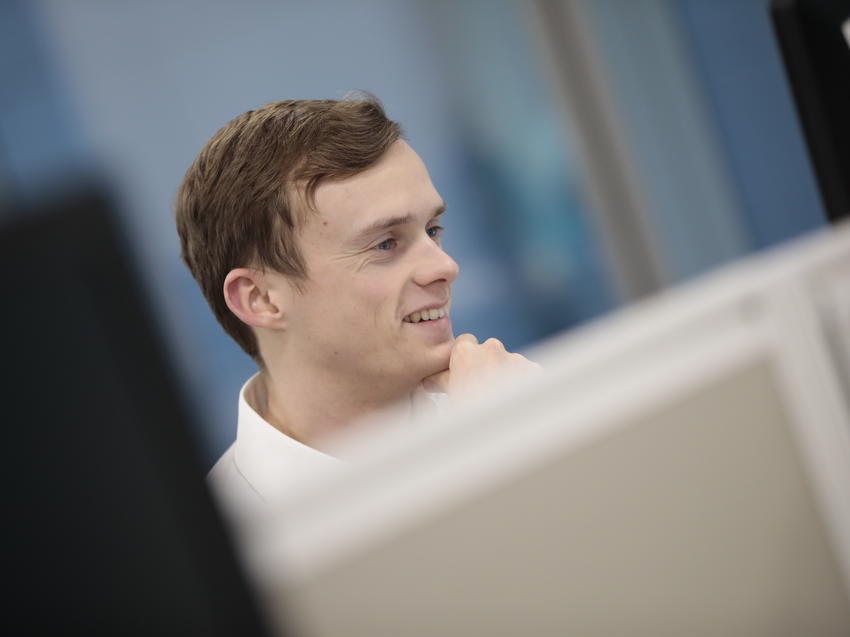Keller has teamed up with a UK university on a research project to explore ways of developing more sustainable geotechnical solutions.

Luke Deamer, Doctoral Practitioner in Sustainability, is from the University of Surrey’s Centre for Environment and Sustainability. He’s looking at how to identify and implement sustainability best practice in geotechnical companies.
“Sustainability is about balancing that triple bottom line – balancing environmental, social and economic needs, today and in the future,” explains Luke.
A blueprint for sustainability
Luke believes sustainability is best understood through the United Nations Sustainable Development Goals. These provide a ‘blueprint for a better and more sustainable future for all’. They recognise that ending poverty and deprivation go hand-in-hand with strategies to improve health and education, reduce inequality, and spur economic growth, all while tackling climate change and working to preserve our environment.
“Clients, investors, employees and other stakeholders are taking more of an interest in how we’re operating and the impact of what we do on society,” says Luke. “So it’s increasingly important that we’re taking opportunities and innovating to become more sustainable.”
While Luke is with the university, his PhD research project is entirely designed to support Keller and he’s based at the group’s head office.
“The aim is to embed sustainability across all Keller functions using the UN sustainable development goals as a framework.
“The first step is to look at how work is done, the different policies and processes, and assess the sustainability impacts. Then to look at how the same work is done elsewhere and determine what sustainability best practice looks like. The final part is understanding the drivers and barriers to implementing that best practice. As part of this, I’m interviewing internal and external stakeholders to build the business case to close the gap between existing and best practice.”
Integration into ways of working
Luke believes the key to success is to integrate sustainability into existing ways of working.
“Sustainability shouldn’t feel like a bolt on or extra work. It’s just a case of adopting a better, more sustainable way of doing the same things.”
He’s currently trialling his approach in Keller’s UK business, initially in two functions - HR and HSE, with Engineering and Operations next.
“The sustainability impacts are different in different functions,” explains Luke. “In HR, for example, they’re more related to social sustainability. While in Engineering and Operations the impacts are more technical and environmental.”
The plan is then to roll the approach out, branch by branch, tailored to meet the priorities of local stakeholders.
“This gives each branch the autonomy to understand the priorities for sustainability locally with their customers and stakeholders. But as a group, we can still ensure we’re targeting certain goals. And we’re always implementing best practice not next practice. That way the measures we’re incorporating are things that other branches have already done successfully.”
Luke concludes: "This is a very exciting project. Keller is committed to maintaining a sustainable business and meeting its corporate responsibilities and I hope my work will contribute towards this."
Progress against our sustainability commitments can be found in our Sustainability Report portion of our Annual Report and Accounts.